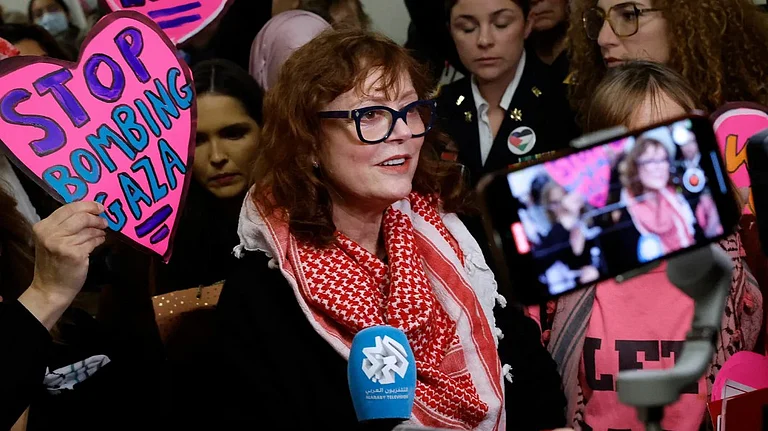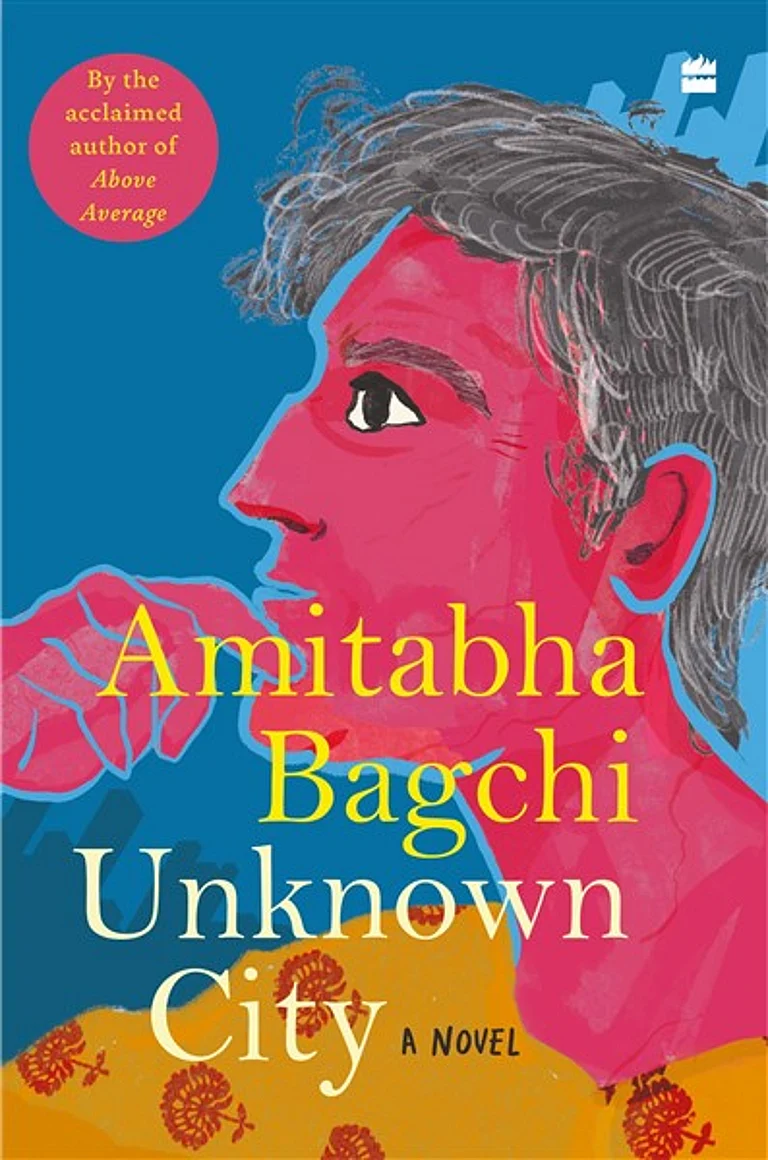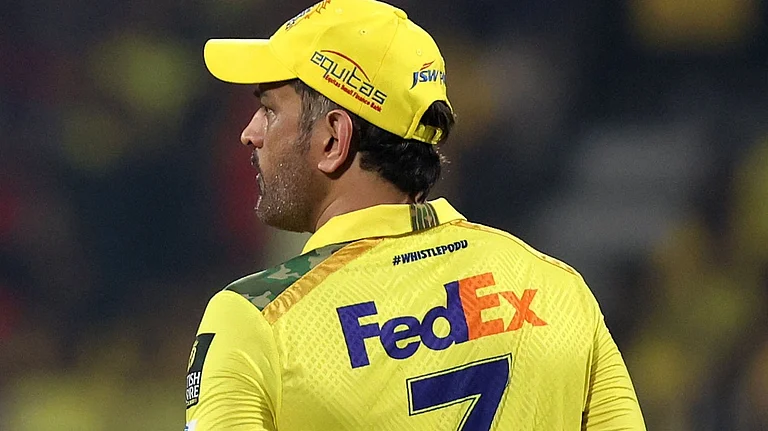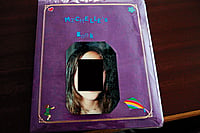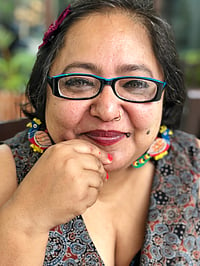
Learning to slow down in her 50s, the writer redefines her relationship with her parents through daily, tenderly mundane phone calls.
She grapples with guilt, mortality, and the practical and emotional logistics of her parents’ eventual passing.
In rediscovering small talk and softening over time, she finds peace in love expressed through distance and routine.
Meeting My Parents (Again)
One thing that has changed in my 50s, ever since I moved to a sky island and started living alone (my then 14-year old son had moved to a residential school) is that I keep my phone next to me at bedtime. I haven't done this in years. Since I am a no notifications kind of person, I check if my phone is on and at a decent volume, because, what if?
It's the first time that I have lived so far away from my parents (it's a four-hour taxi ride to the nearest airport, then a two-hour flight, and then another hour on the road). Having been their beck-and-call girl for decades, I was initially ridden by guilt for moving away at a time they probably needed me the most. I have now made my peace with it. I did it for me, I tell myself. Sometimes you have to go away to feel the love.
As the distance between us increased, our conversations got softer. I call my mother almost every day, and we talk about the mundane. Somehow, the things that irritated me in my 30s and 40s now soothe me-what we cooked that day, who she met on her walk, how long she walked, whether it was raining or not, how my son's musical went, how her bloodwork was, etc. Sometimes she repeats herself, but that is soothing too. Sometimes, she cuts me off, doesn't let me finish my sentences, doesn't fully listen to what I am saying, but as long as there is an exchange, I feel the love.
My father is not a great one for small talk, least of all on the phone. Neither is he tech-savvy, but he makes up for it by providing enough anecdotal fodder for conversations between my mother and me.
I know I am blessed. My parents are now in their 80s, so I know that I am one of the lucky ones from my generation who still has both her parents alive and functional. Functional is key, I guess.
Each time I visited my parents, I found fault with their lifestyle, their eating habits, their addiction to cable TV, their passive-aggressive behaviour. I reprimanded my father for smoking and my mother for not reprimanding him. And then I felt terrible and went all soft again for the next few days, until I left.
The last time my father visited my new home in the hills, and we went for a long walk, he couldn't keep pace. This was new, I told myself; I usually have to run to catch up with his long strides (my father is a tall man, even with his stoop). He was now 30 steps behind me, the place where my mother usually is. I could hear his breath from afar. His chest was heavily congested. I ordered my mother to get him a complete chest exam once he returned home, and he came out mostly clear. Except now he had a nebuliser, which he treated like his new toy.
A few years ago, a cousin who I hadn't heard from in years rang me in the middle of the afternoon. At my age, such calls are ominous because, sadly, we no longer call each other when the going is good. We used to, a long time ago. Good news (births, weddings, new jobs, new homes) these days is generally dispersed through status updates and broadcast messages on WhatsApp. I felt a twinge of guilt that I had exited the family WhatsApp group-I could no longer bear the white noise or the cheery forwards.
I guessed right. The call was about death. My maternal uncle had passed away after a prolonged battle with diabetes-related complications. His older brother went the same way a few years ago, and my mother is sure she is next in line. Plus, she has two valve replacements on her resume, added to the family heirloom, diabetes, making the state of her health rather delicate.
I don't know how to say this, but I rehearse this call in my head all the time: Making and receiving it. I don't think my parents think as much about their death as I do.
When I brought this up with my siblings, they were in denial.' She's only 80,' my brother reminded me exasperatedly. He is in the United States and furthest away from my parents. His optimism is essential for his survival. My sister is a Reiki healer, and sometimes her spiritual side gets in the way of reality. Each of us three siblings is in a different country. My head spins with the logistics.
Death is a lot about logistics. Who to call? What to do?
When to do it? How to do it?
I know I will be in charge of the operations, as I will probably be the first to reach, being in the same country as them. As chief planner and executor of all things in my family, I know this will be my lot too, like the family reunion I organised last year, because who knows when we can all be together again? Family-like social media-needs curation, I realise.
I have tried, even if a tad breezily, to talk to my parents about their death (each time, making a mental note of bringing it up when we are in one room, together). I want to talk to them about organ donation, the logistics of it, what they would like, how they would like to go. I am thinking death shower. I am sure I will find a window to talk about this soon.
These days, I find myself asking my friends about their parents a lot more. Most of my friends have lost a parent; some have lost both. I show up for condolences more than birthdays. I call my father even though I know he won't answer the phone. He says his hearing aid is excellent, and phone calls are clearer than in-person conversations, so it can't be that. These days, he has learned how to put me on hold while he cooks. He is just averse to small talk. I also call other relatives who live far from their children. I am getting better at small talk.
I have always visualised a family home, a sort of halfway house where my parents and all the bereaved members of the family live together. If only I could get all my family in one place to discuss this. I talk about it with my brother a lot on the phone, and I think he gets it.








